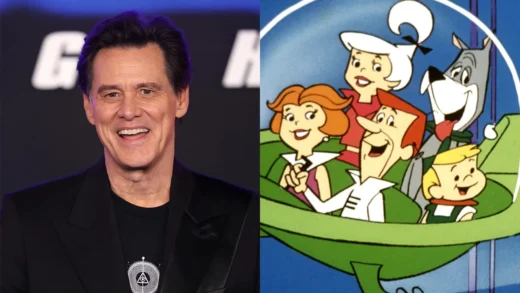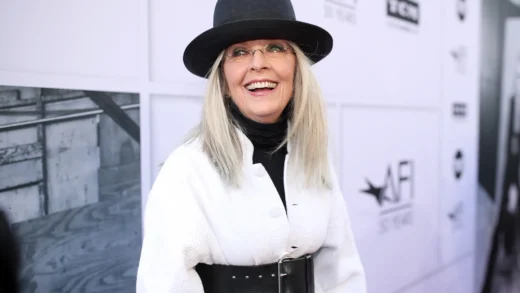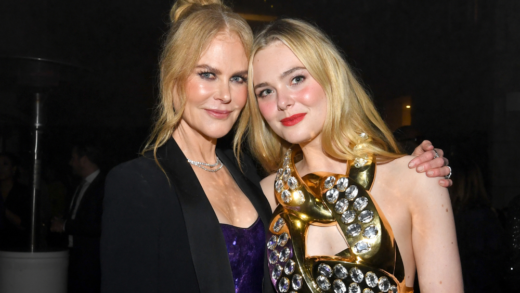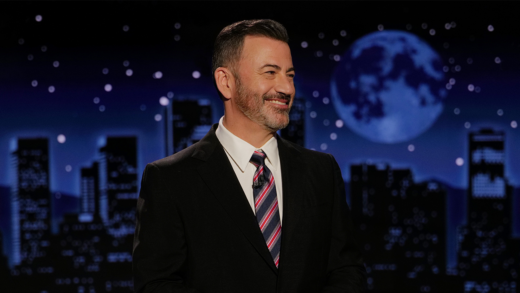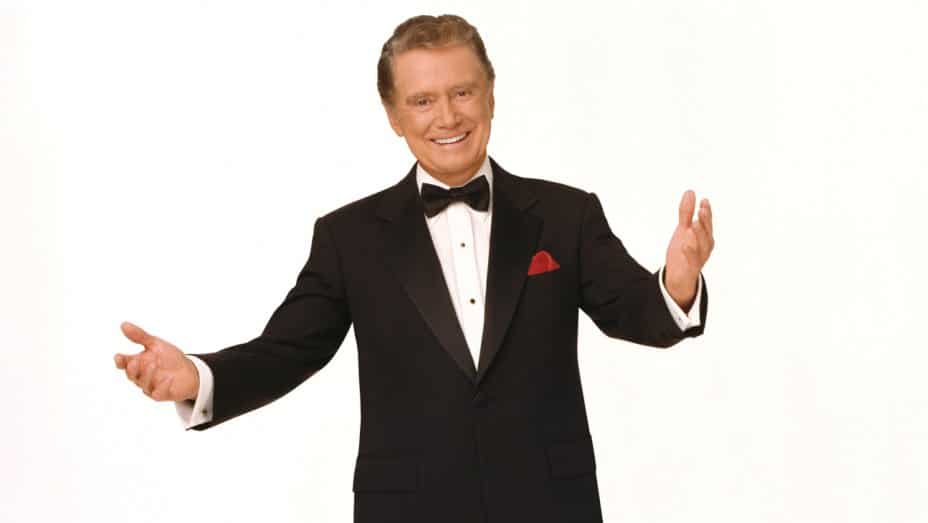Regis Philbin, the indefatigable and downright neighborly host of talk shows and game shows who spent more time in front of a television camera than anyone else, has died. He was 88.
Philbin died of natural causes according to a family statement, PEOPLE reported on Saturday.
The Hollywood Reporter has reached out to Philbin’s representatives for comment.
Unfailingly perky and personable during his 60-plus years in show business, Philbin hosted live morning programs from Los Angeles and New York from the early 1970s through 2011, sharing cups of coffee and flipping through the morning papers alongside the likes of Ruta Lee, Sarah Purcell, Cyndy Garvey, Mary Hart, Kathie Lee Gifford and Kelly Ripa.
Like Jack Paar before him, Philbin engaged his audience with tales about his personal life and the seemingly mundane events of his day.
Philbin made his mark in primetime as host of Who Wants to Be a Millionaire, helping transform ratings-laggard ABC into the No. 1 network in 1999-2000 by drawing audiences of 30 million to a game show that aired three and then five times a week.
A New York native and ardent Notre Dame alum, Philbin also played sidekick to Joey Bishop on an ill-fated ABC late-night effort meant to compete with Johnny Carson in the late 1960s, and he later served as David Letterman’s frequent foil in scores of guest appearances on CBS’ Late Show.
According to Guinness World Records, the dapper Philbin — who got his first on-camera job in 1959 at a San Diego TV station— spent nearly 17,000 hours on television, surpassing the record held by Hugh Downs. He was inducted into the Broadcast Hall of Fame in 2006.
Widely known simply by his first name, Regis also appeared as himself on dozens of TV series and films, from The Larry Sanders Show, Seinfeld and How I Met Your Mother to Woody Allen’s Everything You Always Wanted to Know About Sex but Were Afraid to Ask (1972) — where he was a panelist on a mock game show What’s My Perversion? — to Night and the City (1992) and Dudley Do-Right (1999).
He also voiced Mabel, the stepsister of Cinderella, in two Shrek films.
Regis Francis Philbin was born in Manhattan on Aug. 25, 1931, and raised in an Irish-Italian household in the Bronx. His father was a personnel director and his mother a housewife.
An only child, Philbin graduated from Notre Dame in 1953 with a degree in sociology, then enlisted in the U.S. Navy. He left two years later as a lieutenant, then walked unannounced into the offices of KCOP-TV in Los Angeles, talking his way into a meeting with program director Al Flanagan. The executive didn’t have a job for Philbin but said he would call him when he did.
Instead of hanging around, Philbin returned to New York and, with the help of his uncle, a publicity man for CBS, landed a gig at Rockefeller Center in June 1955 as an NBC page. He got on TV for the first time when he was seen holding open the studio’s elevator doors for Eddie Fisher, who had just sung his final number of the season on his show and was leaving for vacation. (The studio is now home to Late Night With Seth Meyers.)
Six weeks into his career as a page, Philbin was surprised when Flanagan phoned, offering a position as a KCOP stagehand. He accepted and was promoted to news writer before leaving to work as a reporter at a small San Diego radio station.
He joined KFMB-TV, then became a feature reporter and anchor on KOGO-TV (now KGTV) in 1960. He also convinced the station to give him a live Saturday night talk show.
“I loved Jack Paar,” Philbin said in a 2006 interview for the website The Interviews: An Oral History of Television. “It seemed to me Paar was coming out on The Tonight Show and just sitting on the edge of a desk and talking to people about what he had seen and what he had done that day. That reminded me of the candy store back in the Bronx where we just told each other stories. I said, ‘Maybe I could do that.’ ”
The Regis Philbin Show, airing live from 11:15 p.m.-1 a.m., debuted in October 1961, and the new host “opened it just like Jack did, sitting on a stool … I had a whole week of experiences that I could tell the audience about. The response was extraordinary.”
He wrote, produced and booked the guests (among them Jerry Lewis, Richard Nixon, Ronald Reagan, Walter Winchell, Don Adams and Bill Dana) himself.
A mention of him in a Winchell column put him on the radar in Hollywood, and suddenly he was hired in 1964 to replace the departing Steve Allen on a late-night syndicated talk show owned by Westinghouse.
Philbin, though, was fired a couple of months later. “I was thrown into Hollywood with associate producers and writers … I didn’t know how to tell a joke, that wasn’t me. I would tell you a funny story about what I had done, who I had seen, but jokes were different,” he said. “I could not handle it.”
(Excerpt) Read more in: The Hollywood Reporter
